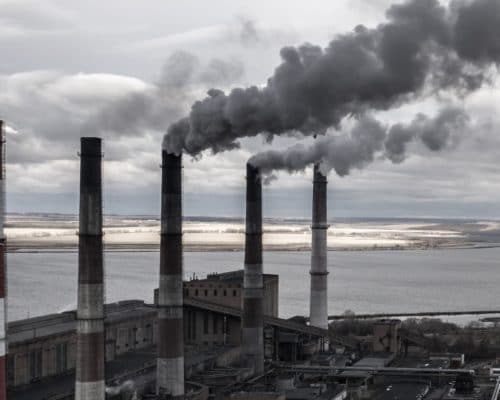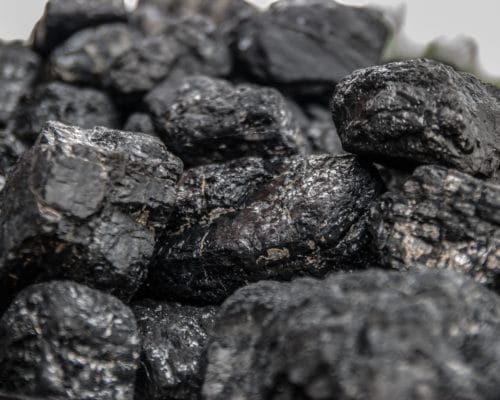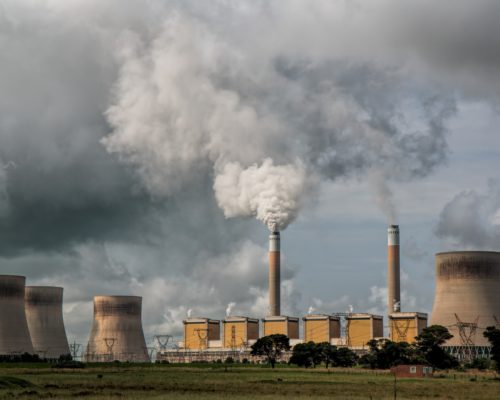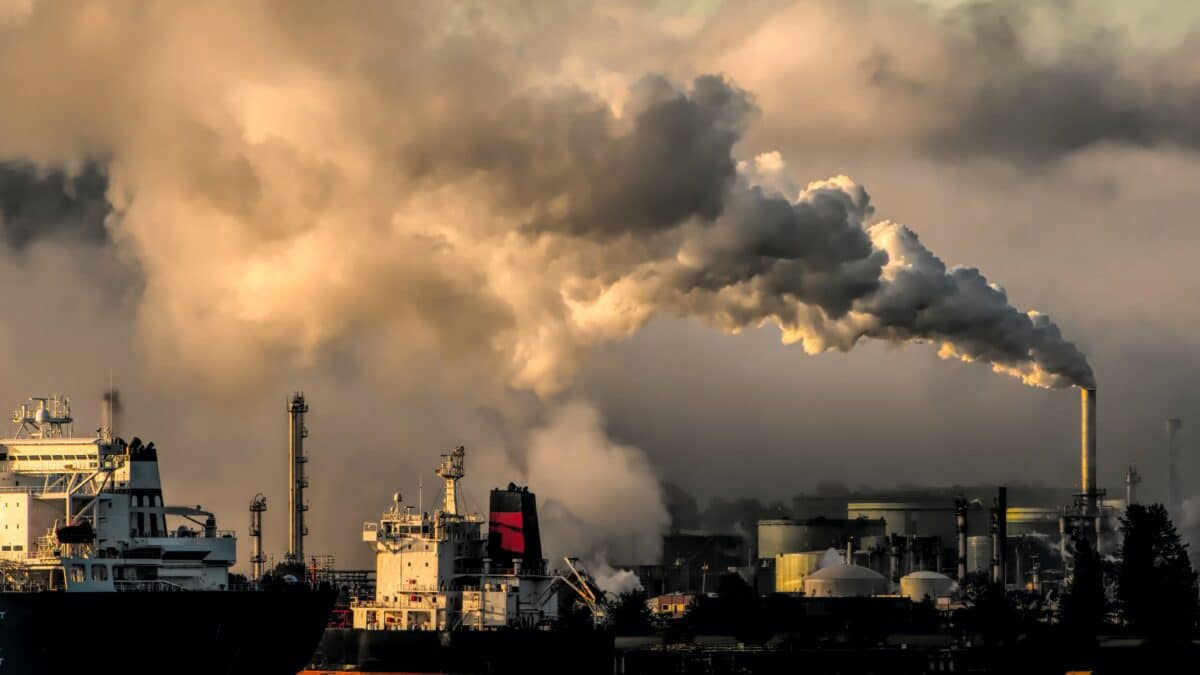Coal

Japan’s Coal Obsession
Japan is one of the largest fossil fuel advocates. Its unwillingness to abandon fossil fuels is costly for all of Asia and the globe.

China’s Coal Imports Drop and the Imminent Effect on Coal Exporters
China's latest decision to reduce coal imports has shocked countries like Australia. Yet, aside from the challenges there are opportunities.
Debunking Net-Zero in Asia: Is It Even Possible?
Net-zero by 2050 in Asia is the desirable scenario, but, judging by the current progress,...

The Risks From JICA’s Involvement in the Matarbari Power Plant Project of Bangladesh
Should JICA decide to move ahead with the Matarbari Power Plant Project, it will expose itself and Japan to massive reputational and financial risks.

The Coal Financing Landscape – Who Are the Biggest Fossil Fuels Supporters?
Betting on coal companies and keeping a dying industry afloat in the midst of an existential climate crisis is a dangerous game. Yet, world-leading banks and asset managers continue to play it.

IPCC Report: Climate Finance for Adaptation Must Increase for Developing Countries
The latest IPCC Working Group II report largely stresses the need to accelerate climate adaptation, eradicate injustice and end the use of fossil fuels. The report, ‘Climate Change 2022: Impacts, Adaptation, and Vulnerability,’ emphasised that coal and other fossil fuels are choking humanity.
What Is Behind the Japan Ammonia Greenwash Accusations?
The Japan ammonia greenwash accusations are the latest testament of the country's hesitance to actively pursue a renewable-led future. After hydrogen, it now looks towards another fuel that experts consider more of a distraction, rather than a solution.
How Banks Are Making It Hard to Fight Climate Change
While banks are increasingly looking to diversify into climate-friendly portfolios, many institutions continue to back coal. Due to their increased responsibility and influential role in fighting climate change, banks should aim to end support for coal expansion and redirect financing towards renewable energy projects.
The Reality Behind China’s Net-Zero Target: Can It Be Achieved?
China's 2060 net-zero target is starting to appear in question. Their recent increase in coal production, combined with lacklustre commitments at COP26, are not good signs. This raises several red flags, as China has significant influence over the region, and their climate actions will have trickle-down effects that dictate regional net-zero progress.

Indonesia Bans Coal Exports for January – What it Means for the World
The effect of Indonesia's decision to ban January coal exports ripples through the leading Asian economies. Coal shipment bans from leading exporters are yet another reminder that fossil fuels are a dead end and surface an extensive universe of risks. However, they might prove detrimental in putting the industry to bed.
Coal In Indonesia – A Sticky Habit
Indonesia is the world's fifth-largest coal producer and largest coal exporter. Coal is a significant part of the economy and a substantial portion of its energy mix. Unfortunately, coal power has not provided electrification to many remote regions of the country and is a significant roadblock in global net-zero targets. Indonesia needs to reassess its energy policy.
Clean Coal: Fact or Fiction?
"Clean coal" has been touted by many public organisations and private sector companies as an immediate solution for standard fossil fuels. In reality, data shows it does not compare to the emissions rates of renewable energy. While "clean coal" does remain a topic of discussion, many countries are starting to understand it is not a viable long-term solution.
The Role of Coal in China’s Path to Net-Zero Emissions
China has publicly made their target to be net-zero emissions by 2060. In support of this goal, they have made significant strides in increasing their renewable energy capacity. Yet, at the same time, coal consumption has continued to rise. Without reducing coal consumption, achieving a net-zero economy is nearly impossible.
Case Study: Tsingshan Industrial Parks in Indonesia Post-China’s Coal Pledge
In light of the no-coal-power-overseas pledge by China’s President Xi Jinping and Indonesia’s commitment to no new coal power in the recent COP26, the industrial parks fueled by captive coal power in Indonesia, developed by China, face challenges and their future is dotted with question marks.
Most Popular
Categories
-
10
-
34
-
126
-
4
-
17
-
46
-
52
-
11
-
10
-
15
-
24
-
6
-
1
-
5
-
6
-
281
-
200
-
17
-
24
-
1
-
1
-
23
-
41
-
44
-
87
-
18
-
86
-
41
-
17
-
11
-
43
-
54
-
86
-
298
-
22
-
44
-
36
-
10
-
42
-
36

